2024 Hall of Fame
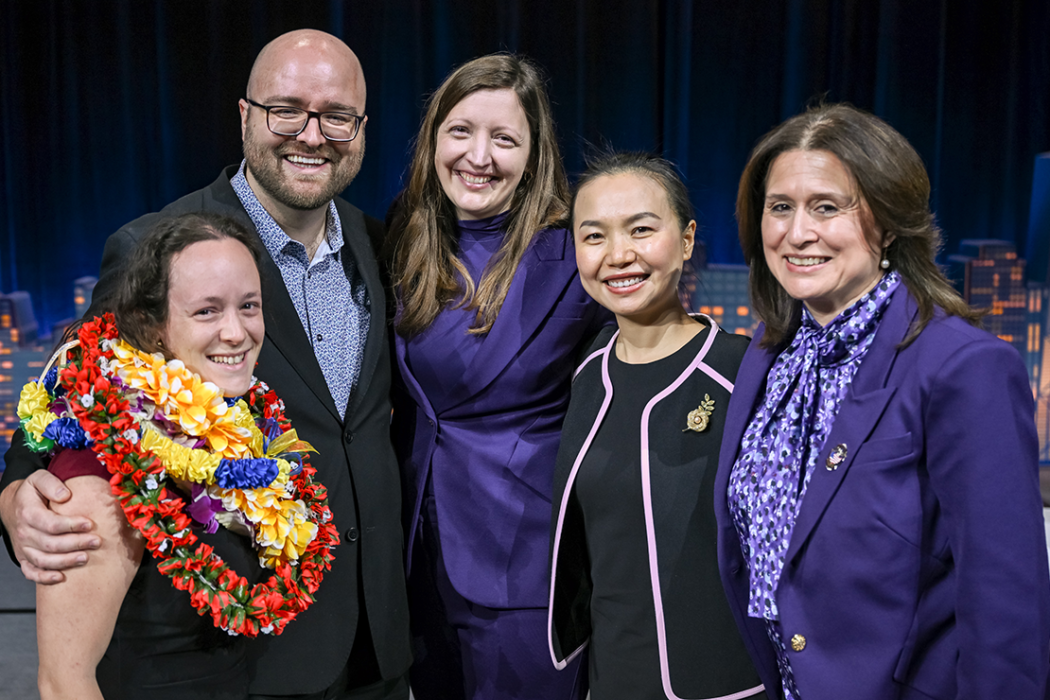
2024 Teacher of the Year
Alicia Dallman Shoemaker
Elkhorn Public Schools, Elkhorn, NE
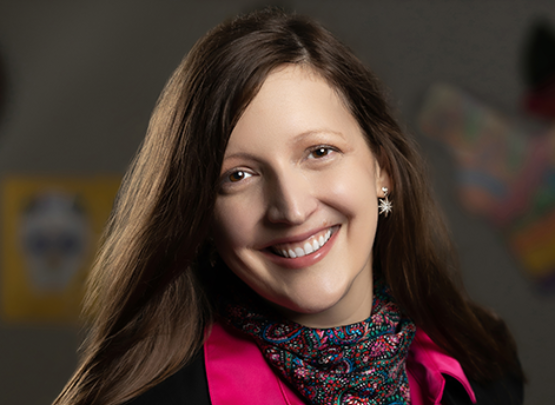
While attending a one-room schoolhouse on the Nebraskan prairie, I spent much time with my great-grandparents who faced discrimination and property damage for speaking their native languages. My great-grandmother, an educator on a reservation, and my great-grandfather, a 1923 immigrant, were immensely impacted by the Meyer vs. Nebraska case attempting to prohibit language-minority students from receiving instruction as well as the global conflicts that inspired it.
Learning this history from our family’s matriarch sparked self-directed explorations of international characters and indigenous languages via Willa Cather and Oceti Wakan among many others. The urgency to connect and act appropriately in diverse contexts transformed into my life’s work of facilitating opportunities for linguistic and cultural proficiency.
As a first-generation college student, I found full-immersion exposures expensive and unattainable until professors revealed sponsorship options. It became apparent in my introduction to prestigious fellowships that more efforts should be directed at making such experiences accessible for ALL U.S. youth, regardless of socioeconomic status, disability or ability level, and other factors that create distinctions essential for synergistic progress. All individuals deserve opportunities to fully engage in and celebrate the diversity of our world.
As a secondary and postsecondary teacher, I not only strive to nurture students’ capacity to be culturally responsive and linguistically adept, but also offer scholarship seminars and seek grants as the Malaika Foundation president to directly fund such pursuits. PreK-16 educators and students should collectively cultivate language proficiency and intercultural competence.
As former NILA president, I’ve brought international guests to classrooms, curated professional development for teachers and business leaders, and led inaugural state teams for the Seal of Biliteracy, World Language Week, and 2019 Nebraska World Language Standards, which focus on proficiency-based targets, so students and teachers have systemic support. In accordance with these efforts, I’ve organized online intercultural competence forums for educators with national participation. Student and stakeholder input augmented both the quality and impact of nearly every initiative. I’ve led student inquiry groups and public discussions welcoming all as well as gathered perception data via multiple methods. The dexterity to view one’s beliefs through other lenses and seek to understand divergent ideals aids in averting strife, builds community spirit/empathy, and elevates exchanges everywhere from the boardroom to the playground. Language instruction must include cultural inquiry for students to be prepared for exchanges in our interdependent, complex society.
The benefits of language learning and deep cultural awareness range from long-term physiological and mental health to monetary compensation in an ever-evolving global landscape. As a parent and educator, I know that the future wellbeing of our children and the safety of our planet depends on cross-cultural understanding in which language plays a key role. Within the U.S. Global Leadership Coalition network, I link my purpose as a language educator to critical needs for prosperity and national security across sundry industries. Ultimately, mutual understanding among diverse cultures and proficiency in multiple languages have the power to take individuals where they chose to be and emphasize diplomacy, symbiosis, and solution-oriented action in our world.
2024 Hall of Fame Nominees
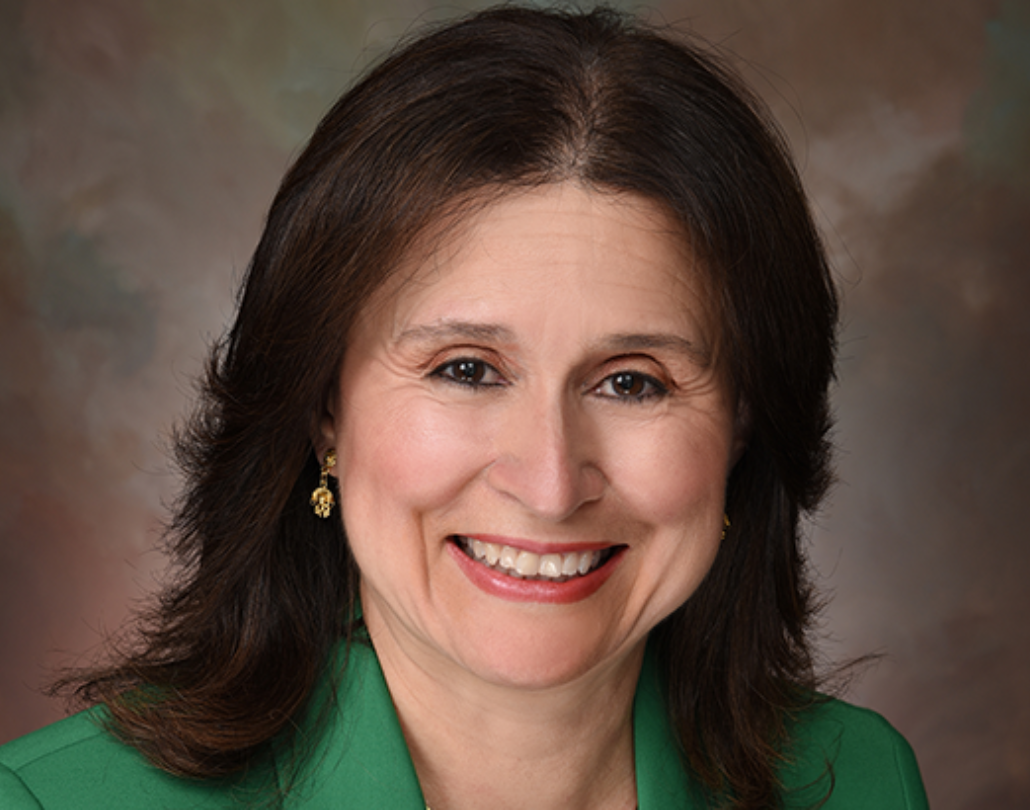
Nashua High North, Nashua, NH
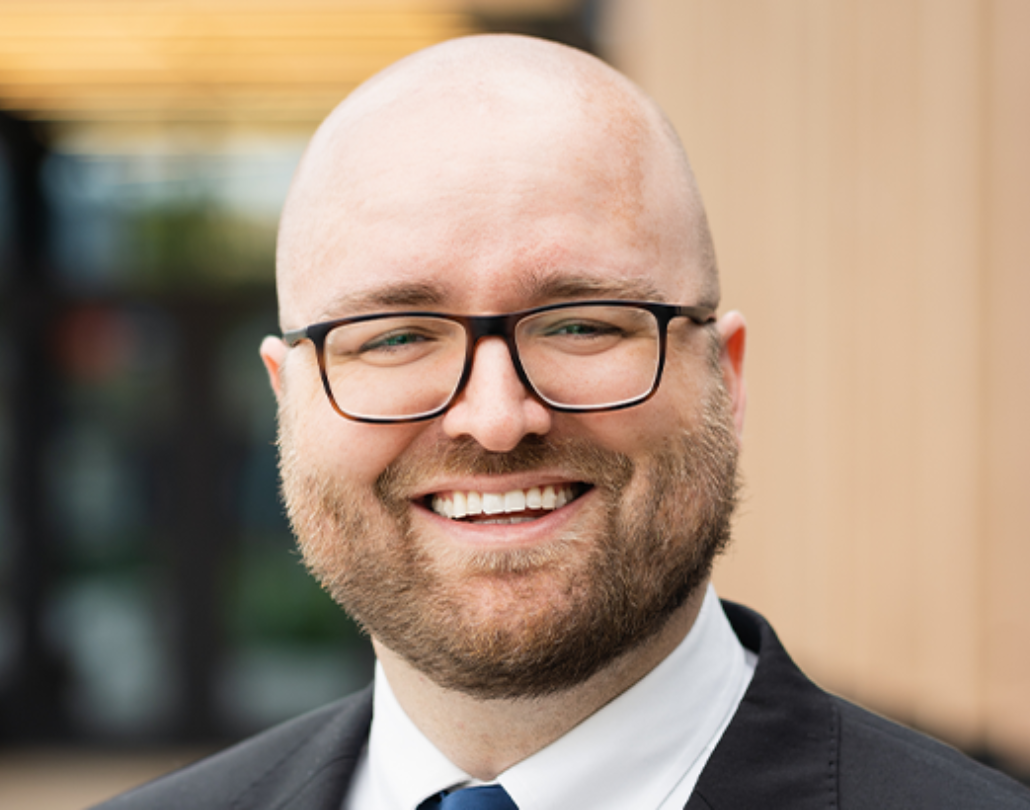
Bothell High School, Bothell, WA
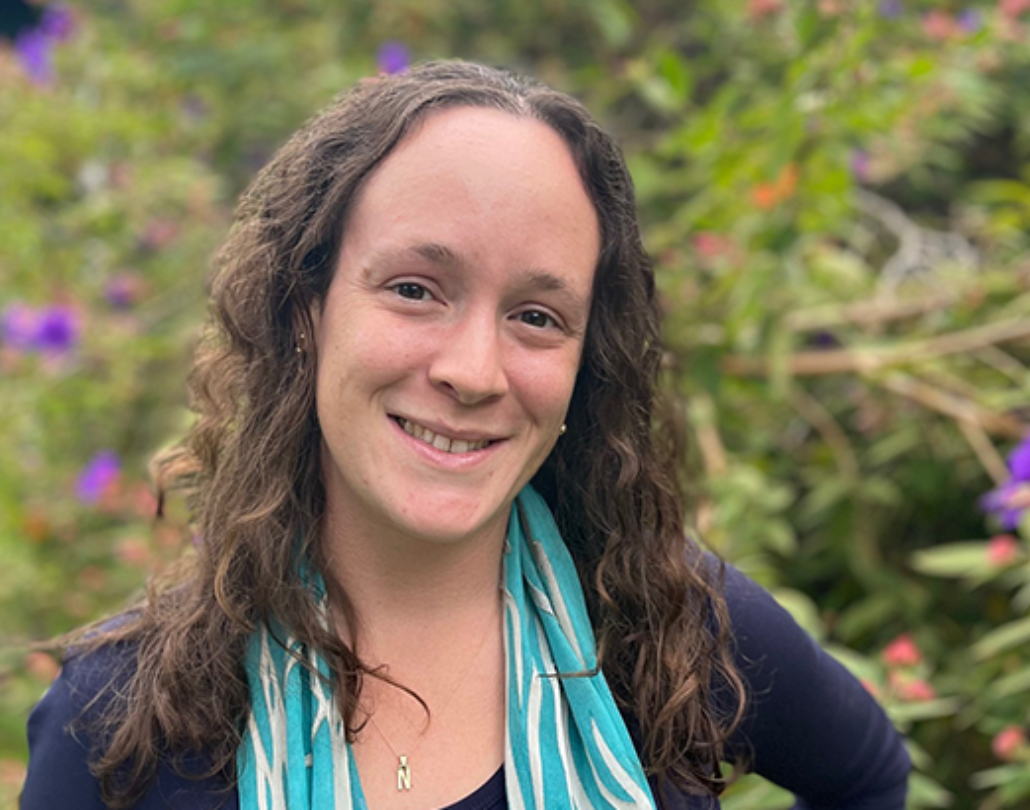
Kealakehe High School, Kailua-Kona, HI

Western Kentucky University, Bowling Green, KY